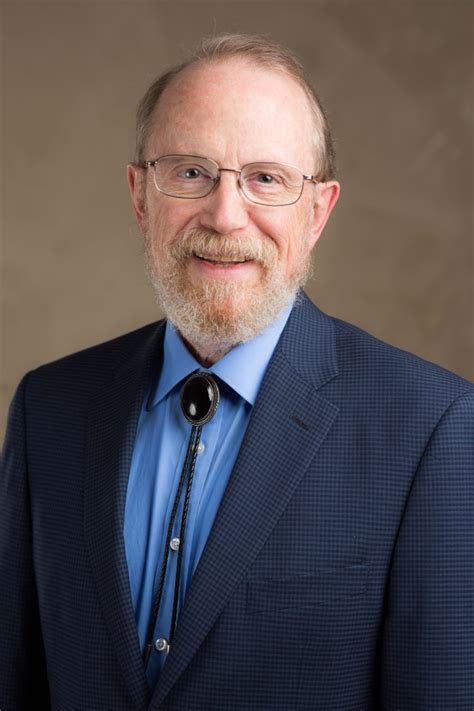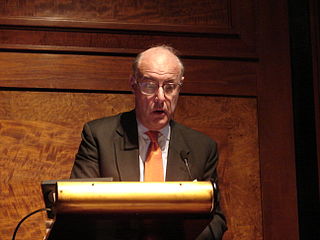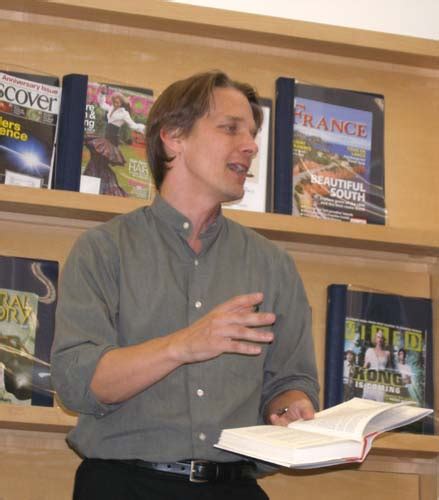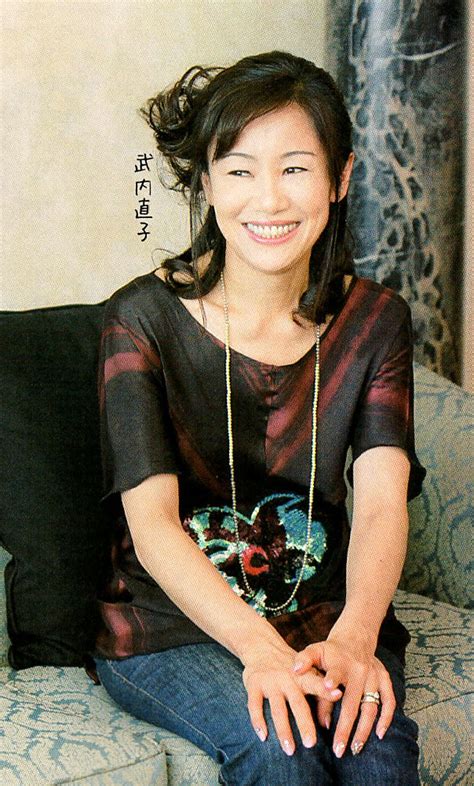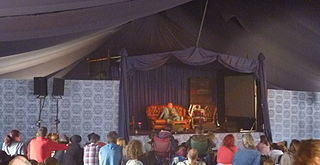A Quote by Nelson Mandela
Without language, one cannot talk to people and understand them; one cannot share their hopes and aspirations, grasp their history, appreciate their poetry, or savor their songs.
Related Quotes
There cannot be a sense of abundance or the experience of prosperity without appreciation. You cannot find beauty unless you appreciate beauty. You cannot find friendship unless you appreciate others. You cannot find love unless you appreciate loving and being loved. If you wish abundance, appreciate life.
Poetry cannot be translated; and, therefore, it is the poets that preserve the languages; for we would not be at the trouble to learn a language if we could have all that is written in it just as well in a translation. But as the beauties of poetry cannot be preserved in any language except that in which it was originally written, we learn the language.
Philosophy [nature] is written in that great book which ever is before our eyes -- I mean the universe -- but we cannot understand it if we do not first learn the language and grasp the symbols in which it is written. The book is written in mathematical language, and the symbols are triangles, circles and other geometrical figures, without whose help it is impossible to comprehend a single word of it; without which one wanders in vain through a dark labyrinth.
A language possesses utility only insofar as it can construct conventional boundaries. A language of no boundaries is no language at all, and thus the mystic who tries to speak logically and formally of unity consciousness is doomed to sound very paradoxical or contradictory. The problem is that the structure of any language cannot grasp the nature of unity consciousness, any more than a fork could grasp the ocean.
In the early 21st century, it is easy to condemn the Bond books for being racist and imperialist, sexist and misogynist, elitist and sadistic. But this is merely another way of saying that we cannot understand the Bond books without reference to the personality, the outlook and the 'Tory imagination' of the man who wrote them, and to the time in which he wrote them; and that we cannot understand the 1950s and 1960s without some reference to them, and to him.
Every people, in order to remain healthy and strong, has to have a grasp of its foundation story. Culture is a chrysalis - it is protective, it takes care of you. That's what cultures are for. You cannot rob a people of language, culture, mother, father, the value of their labor - all of that - without doing vast damage to those people.
The people of the world, all of them, whether it is the different race or the different language or the different lifestyle, tend to only think about what we cannot share. But our brains are all the same. We are the same people. With everyone’s strength, we can all share the same feelings. That much is obvious. But it won’t come easily.
What distinguishes a human being from a computer? The ability to add up numbers? The ability to understand language? The ability to be logical? It is, of course, none of the above. It is the ability to play. Computers cannot have fun. They cannot fantasize. They cannot dream, they cannot experience emotion or summon intuition. These rare, precious qualities come naturally to every child on this earth yet they tend to be seen, by well meaning adults, as faults, foibles and failings. In pushing tiny toddlers to 'perform', we rob them of the ability to imagine.


